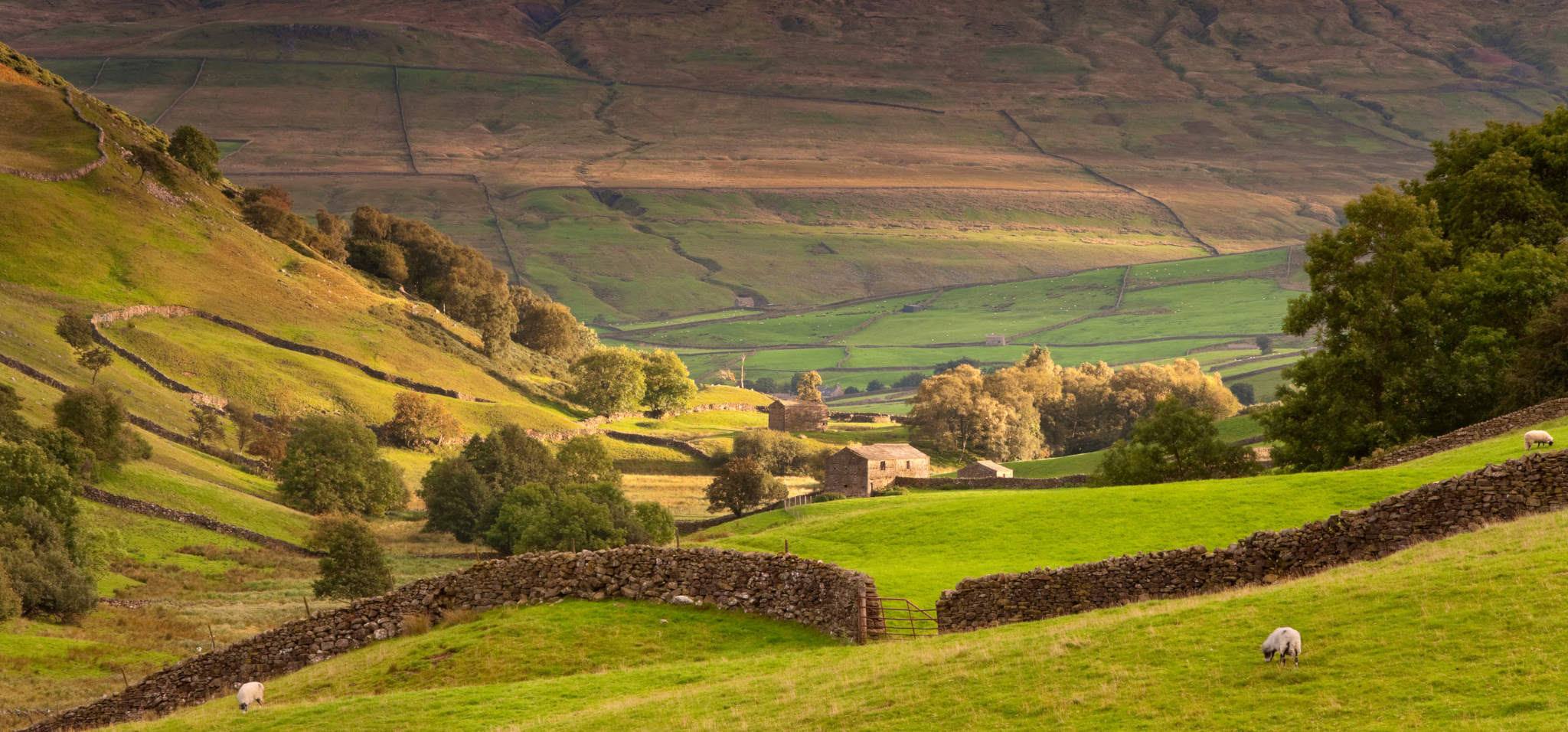
Author: Sarah Jones (UKCEH).
Collaborative efforts for sustainable land use
The UK FABLE team is involved in a new collaborative initiative, the Land Use for Net Zero (LUNZ) hub, which brings together different sectors and research disciplines to provide scientific evidence for developing policies that decarbonise land use in the UK. The LUNZ hub comprises 34 organisations, with experts from research, policy, farming, and industry across soil health, afforestation, water management, renewable energy, planning, social science, and green finance.
The Net Zero Futures Platform work package, which the UK FABLE team is involved in, aims to design and co-create plausible scenarios and pathways for land use in the UK and devolved nations. To achieve this, a series of workshops with stakeholders from national governments and farmers’ unions will take place to co-design pathways for transforming land use for net zero, nature, and people in the UK and devolved nations (England, Scotland, Wales, Northern Ireland). The goal is to develop a common land use scenario framework for the UK that is shared and accepted across the four nations.
Developing pathways to net zero
In April 2024, the first workshop of the project took place in Manchester, gathering forty stakeholders from the land use sector in the UK. The workshop aimed to establish the scope of net zero ambitions and gain consensus on the desired environmental, societal, and economic outcomes of the pathways. Sessions included defining land use targets for net zero, nature, and people in 2050, identifying actions to achieve these targets, recognising important drivers of land use change, and prioritising drivers and actions of land use change. Interactive sessions on building different pathways, discussions on potential commonalities between nation-specific pathways, and presentations on modelling country pathways were also part of the workshop.
The outputs from the workshop will be used to facilitate more in-depth pathway co-development in future workshops with country teams, which will then be modelled using the FABLE Calculator. This iterative process will involve continuously working with stakeholders to explore, strengthen, and finalise the pathways.